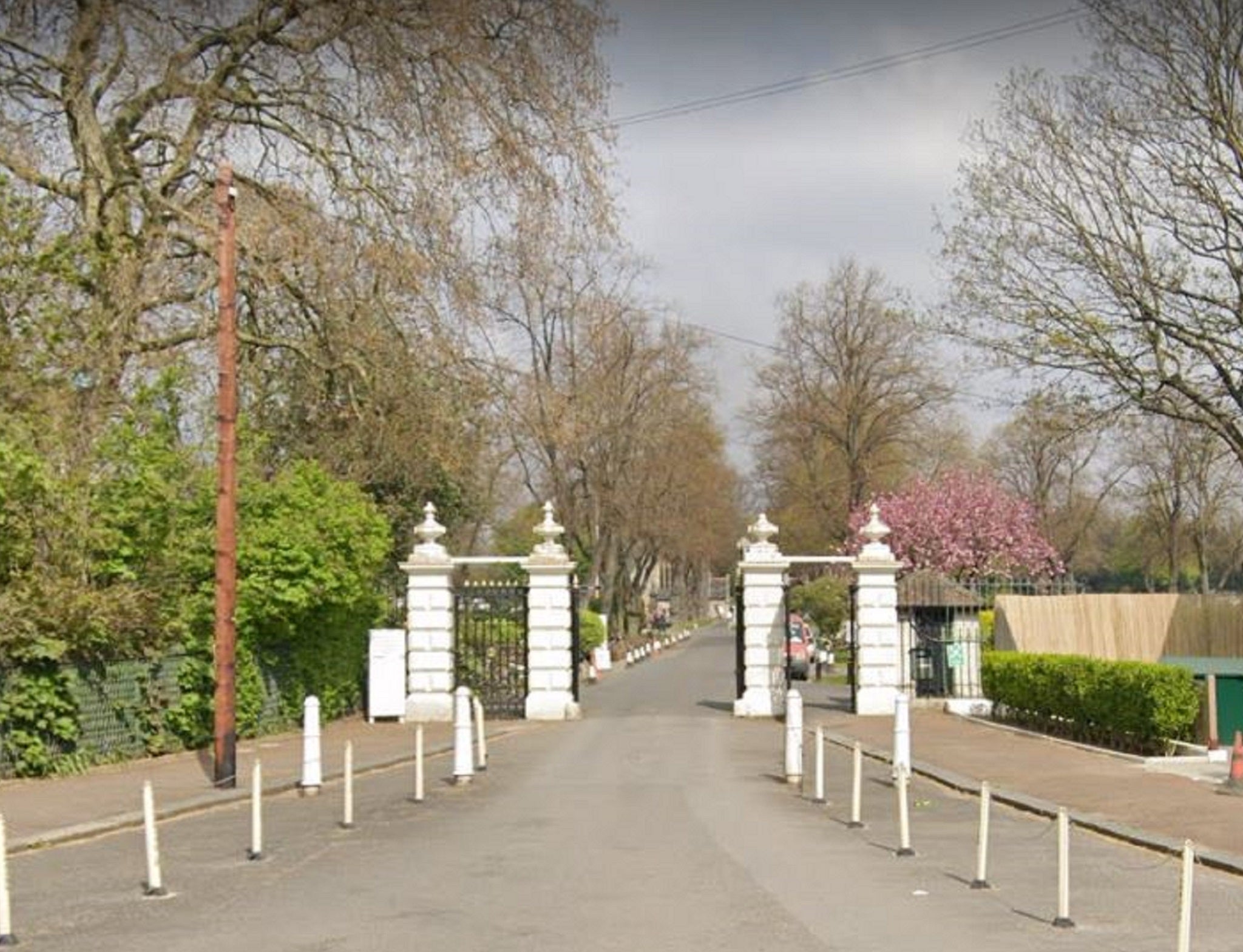
A widow who says she mourned at the wrong grave for 27 years is suing a funeral giant, claiming her husband’s ashes were secretly given to his estranged mother.
Kathleen Walsham says she asked for the remains of Kieron Kenny, 43, to be scattered in a garden of rest near their east London home rather than interred in an urn when he died in 1989 because he was “very claustrophobic and scared of the dark”.
For the next three decades, she and her three children visited East London Cemetery in West Ham for poignant occasions such as Fathers’ Days and birthdays, she claims.
But in 2016 they say they were shocked to learn Mr Kenny’s ashes had in fact been handed to his estranged mother Iris Garbutt and buried in a grave in Essex 10 miles away.
According to her grandson James Briggs, Ms Garbutt - who had fallen out with her son and his family years before his death - secretly obtained his ashes from an employee of the cemetery and interred them in a grave that only her side of the family knew about, while his widow and kids unknowingly mourned elsewhere.
Following Ms Garbutt’s death, the story emerged and a grave bearing Mr Kenny’s name at Eastbrookend Cemetery, Dagenham, was disinterred under a warrant from the Ministry of Justice and an urn containing material was found inside.
Ms Walsham and her grown up children Kenneth Thurtell, Danielle Saggers and their sister Antonia say they are traumatised by their terrible experience and say funeral operator Dignity is liable.
But the company - being sued as the current owner after buying the cemetery in 2008 - is fighting the claim and argues the family has no evidence the ashes of the late Mr Kenny ever found their way into the wrong hands or the wrong grave.
Judge David Saunders heard at Central London County Court that Mr Kenny and Ms Walsham, a former legal secretary, went to primary school together and were teenage sweethearts, getting married when they were 21.
Ms Garbutt and her son had fallen out before that and refused to attend their wedding, the judge was told.
The couple went on to have three children, but the rift between them and Ms Garbutt and her side of the family never healed, the court heard.
After he died, it fell to his widow as his next of kin to decide what would happen to his remains.

She offered an olive branch to her estranged mother-in-law and allowed her full access to her plans and arrangements for the funeral, but was then betrayed, she told the judge in the witness box.
“My decision was that Kieron’s ashes be scattered in the ornamental garden at East London because of the fact he was so terrified of the dark and so very, very claustrophobic that being set free would be the best decision, not interring him,” she said.
As far as she knew, she says, her wishes had been followed and she told the judge: “We would go there on anniversaries, birthdays and Fathers’ Day to grieve. Often I would go there anyway to be near him.”
Mr Briggs told the judge his grandmother said she had “acquired” the ashes from an employee at East London Cemetery and that Ms Garbutt had thereafter “sent her a Christmas card every year” and spoke of being “eternally grateful” to her.
She had also replied to questions about why her late son’s widow and children never visited the grave by saying she was “frightened they would call the police if they ever did so,” Mr Briggs told the judge.
The grave was disinterred and an urn containing what the family say was the late Mr Kenny’s ashes was recovered in September 2016 and subsequently scattered in the River Thames.
Ms Walsham is now suing Dignity Plc and Dignity Ltd, claiming she and her children have suffered psychological personal injury through their ordeal and want compensation.
James Rozier, for Dignity Plc and Dignity Ltd, expressed sympathy for the family and acknowledged the “significant impact this situation has had on the claimant’s mental health”.
But while the firm does not dispute the “very traumatic and protracted” circumstances, he said situation did not arise from “any breach of duty its part”.
Mr Rozier claimed Ms Garbutt “acted in a clandestine and malicious manner” to “deliberately deceive” Ms Walsham and her family.
Denying that the ashes ever found their way into the wrong hands or the wrong grave, he added: “Following the exhumation on 8 September 2016, the claimant and her family scattered what they understood to be the claimant’s ashes in the River Thames. It was not possible for the contents of the urn to be verified.
“Could it have been a few handfuls of earth from the Ornamental Garden so as to enable her to remember her son with at a different location, without running the risk of bumping into the claimant and her children?
“That could be so, however we will unfortunately never actually know. We can only speculate.”
The hearing continues.







